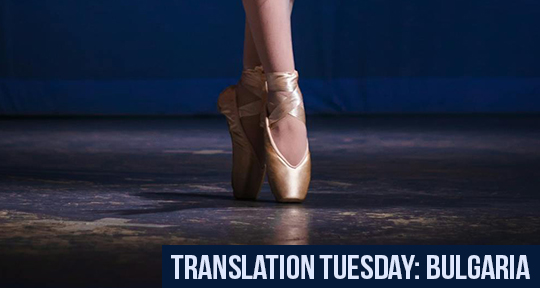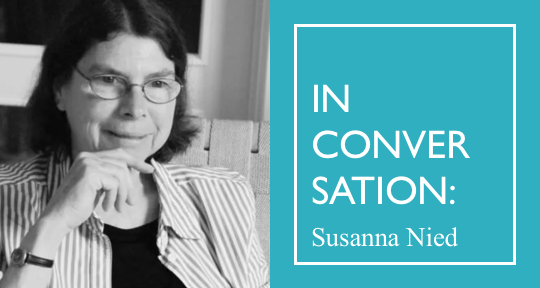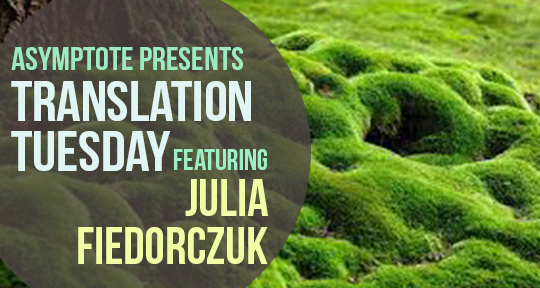This Translation Tuesday, Asymptote presents a tale of parental love from Bulgaria, written by Nevena Mitropolitska and translated by Zlatomira Terzieva. Neda’s grandfather, a woodcarver, has always prided himself on his ability to carve whatever birthday gift his granddaughter asks for—but on her seventh birthday, she makes an unexpected request, one that tests the limits of what he can give. What follows is a touching story that is as much about class and art in late communist Bulgaria as it is about the love between a grandparent and grandchild, about the hope that our descendents will have more than what we were given. Read on!
Everything started with a question. On the eighteenth of October, nineteen seventy-eight, exactly three months before Neda turned seven years old, her grandfather, as he was sitting in front of the TV in his rocking chair and stroking its scuffed armrest, asked her what kind of present she wanted for her birthday. That wasn’t an ordinary question, but a ritual, which repeated itself every year on the same date. He needed three months to get ready. Whatever she wished for, her grandpa would create out of wood. Had she purchased a piece of clothing, he would have carved that too. He would find a large piece, he would lock himself down in his small basement workshop, full of odd chisels, and the place would buzz with activity. When he formed his creation, he would paint all over it with thin brushes and he would varnish it. She could watch for hours how his coarse fingers lovingly danced on the wood and breathed form, feelings, and even movement into it. For her fourth birthday, she had chosen a baby doll—he had made it with a hole in the mouth so she could put a pacifier inside. For her fifth birthday—a house—complete with everything—with a chimney, with two windows (they had no glass, he covered them with nylon), with a door that could be opened and had a painted handle, and inside—a miniature bed. For her sixth birthday, she received a small table with four small chairs, and she sewed a green tablecloth together with her grandmother. And on that eighteenth of October, three months before her birthday, as he was asking her the fateful question, her grandpa was already delightfully anticipating—even his mustache was trembling from excitement, the joy of his unity with the wood. This time, however, Neda was going to surprise him.



